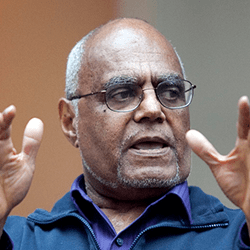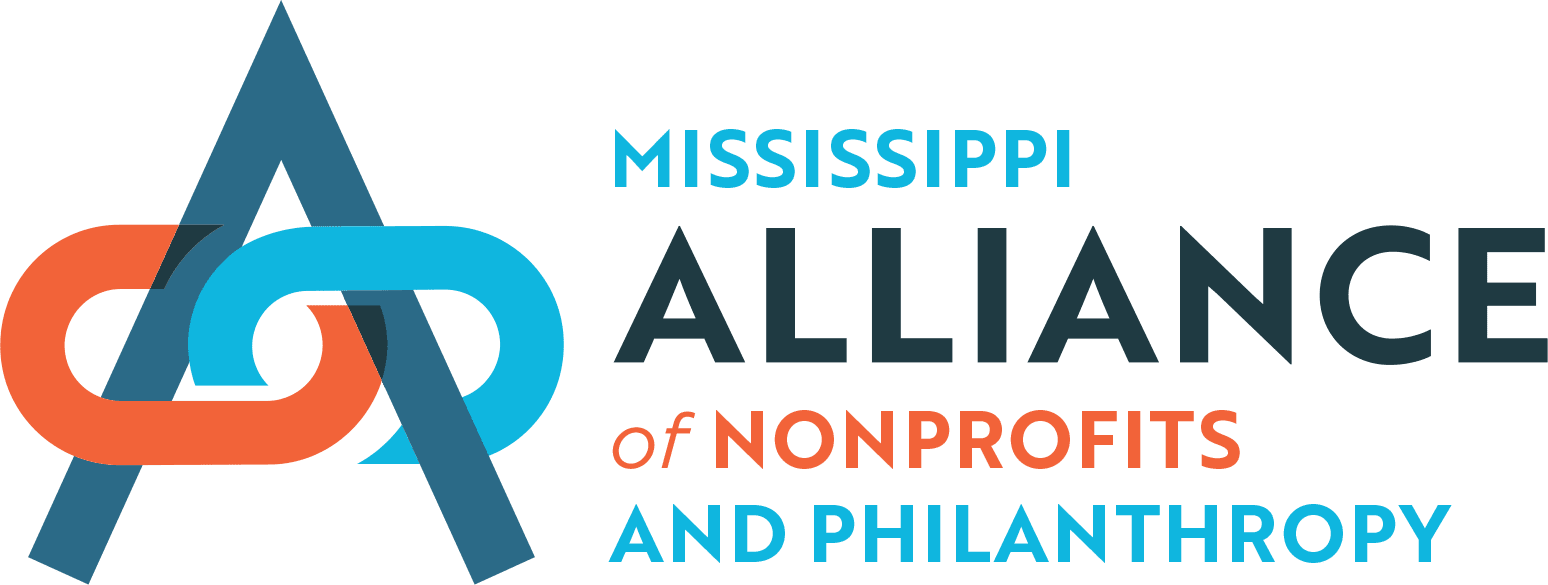In Memoriam


January 23, 1935 – July 25, 2021
Civil rights leader Robert “Bob” Moses, a soft-spoken and self-effacing grassroots organizer who championed Black voting rights, died on Sunday at age 86.
Born and raised in Harlem, N.Y., Moses went to the South to join the nascent fight for civil rights in the early 1960s, ultimately becoming a central figure in the movement.
As a leader in the Student Nonviolent Coordinating Committee in deeply segregated Mississippi, Moses worked to hand political power to Black people through voting education and voter registration drives. He continued to push education to the forefront of the civil rights agenda when in the ’80s he founded the Algebra Project, a math training program focused on empowering students from underfunded public schools and poor communities.
“Throughout his life, Bob Moses bent the arc of the moral universe towards justice,” said Derrick Johnson, head of the NAACP. “He was a strategist at the core of the voting rights movement and beyond. He was a giant. May his light continue to guide us as we face another wave of Jim Crow laws. “Algebra Project staff confirmed his death in a statement. No details were given about the cause of death.
In 1964, Moses orchestrated the Mississippi Freedom Summer Project, which drew hundreds of students from Northern colleges to Mississippi to help register voters across the state.
His enfranchisement efforts were often met with violence and threats from white residents and law enforcement officials and local officials. According to the National Archives and Records Administration, it’s estimated that more than 1,000 people were arrested — many of whom were beaten — and 67 black owned businesses, churches and homes were bombed or set ablaze for their participation in that summer’s movement; additionally, four civil rights workers were killed and at least three Black Mississippians were murdered.
The Freedom Summer initiative drew national awareness to the inequalities faced by Black Mississippians, helping to persuade President Lyndon Johnson to sign the Civil Rights Act that summer and, the following year, the Voting Rights Act.
From 1969 to 1976, he taught mathematics in Tanzania in East Africa, the Algebra Project said. Upon returning to the United States, he went on to get his doctorate in philosophy from Harvard University, where he’d also earned his master’s degree in the same field before heading to Mississippi.
Believing in math literacy as a critical part of a child’s education, he started the Algebra Project in 1982 with funding from a MacArthur Fellowship. Moses worked to ensure students were able to graduate high school and go onto study math at the college level. It was his latest civil rights crusade, this time against the inequalities baked into the public education system.
“He spoke quietly, he didn’t give big sermons like Martin Luther King,” Branch said in 2013. “He didn’t seek out dramatic confrontations like the Freedom Riders and the sit-ins, but he did inspire a broad range of grassroots leadership.”
To learn more go to MS Hub Network .
Related Articles
Equity in Response, Recovery and Resilence: An Action Report in Five Parts
The Mississippi Alliance of Nonprofits and Philanthropy (the Alliance) was created to enhance coordination, collaboration, and communication among nonprofits, maximizing existing funding and expanding resources. The Alliance also focuses on embedding equity into nonprofit work, aiming to ensure equitable outcomes. During the 2022 Jackson water crisis, nonprofits worked to meet urgent needs. Recently, with funding from the US Water Alliance, the Alliance and its partners have been studying equity in disaster response, recovery, and resilience efforts.
Revisiting Big Questions for Philanthropy: When to Bridge and When to Fight
Two big, related questions have hung over many in philanthropy these past several years: first, how best to protect democracy, and second, how to work to bridge differences in a polarized time.
Sabbaticals and the Case for More Rest for Leaders of Color
Social change isn’t possible when nonprofit leaders are exhausted. Extended paid leave helped me — and can help others.

